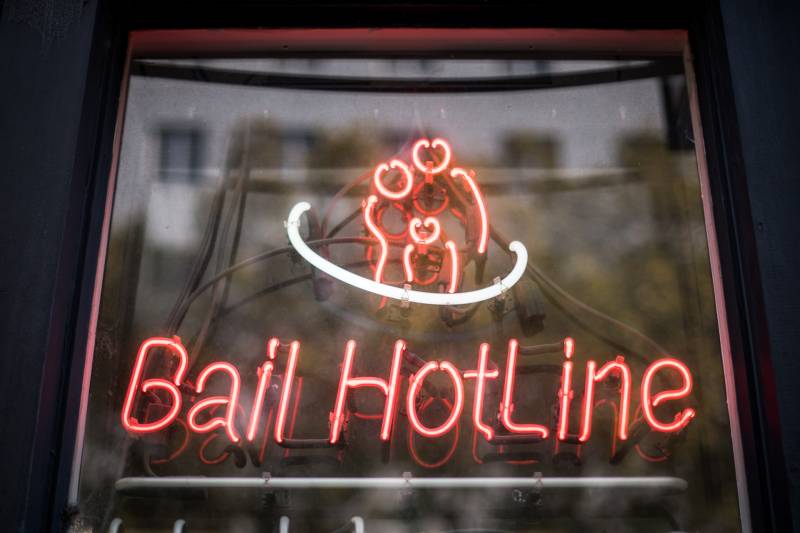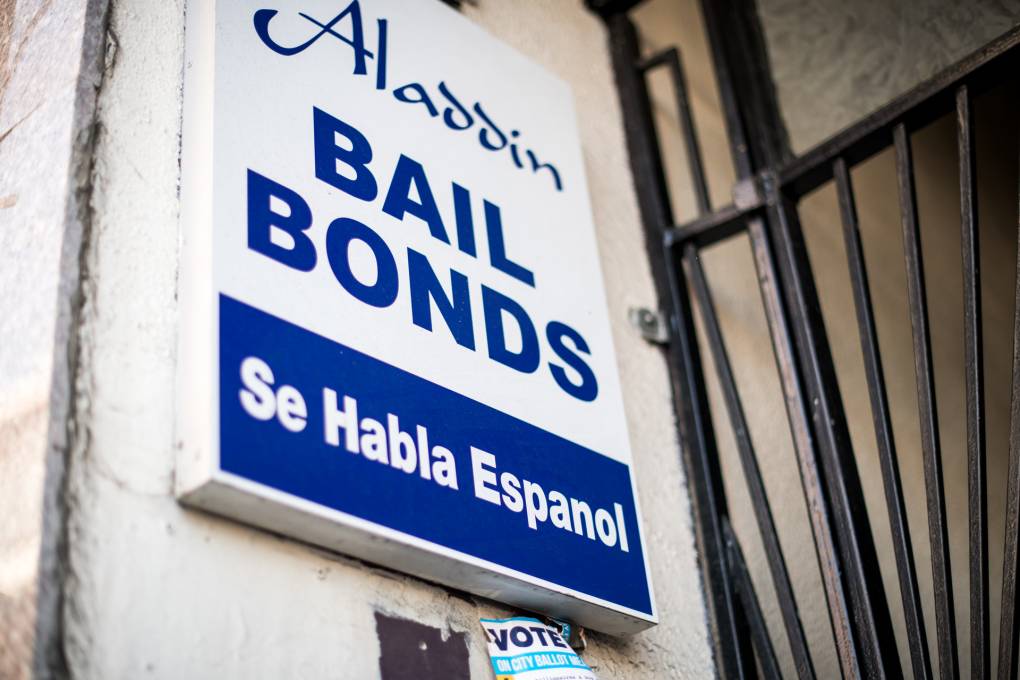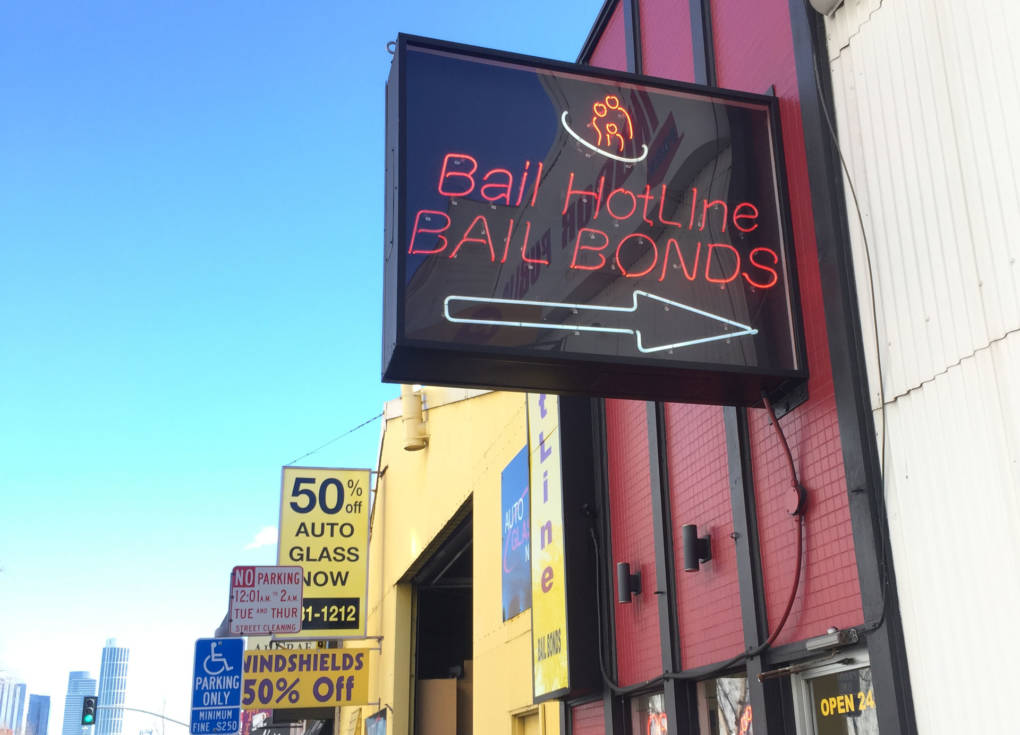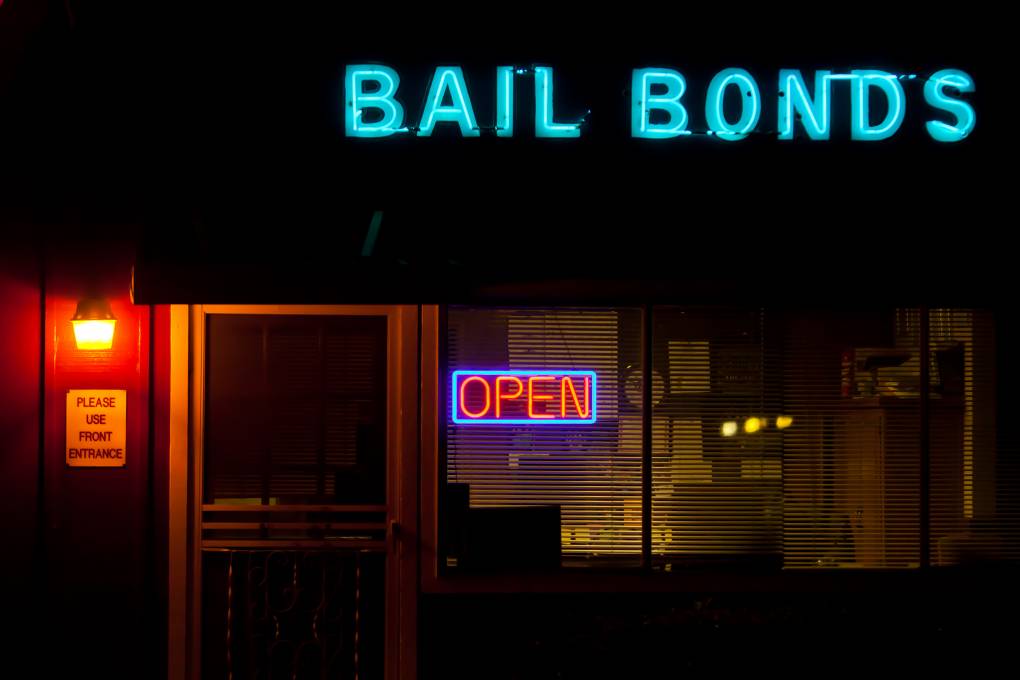University of San Francisco law professor Lara Bazelon said the ruling is potentially a “watershed” moment that enforces a defendant’s presumption of innocence.
“Grounding it firmly in the constitution makes it very clear that this is a right that is fundamental and it must be respected in trial courts in every part of the state,” she said. “That’s important because we were getting disparate outcomes depending on who the DA was and what kind of jurisdiction the person was in.”
Judges must now consider whether other requirements — such as electronic monitoring, pretrial check-ins or addiction treatment — can reasonably ensure a defendant won’t reoffend or skip court. And while judges may still impose bail, it can only be set at an amount the defendant can afford.
Justices made the ruling in the case of Kenneth Humphrey, a now 66-year-old Black man who faced $350,000 bail in 2017, when he was charged in San Francisco with robbery after taking $5 and a bottle of cologne from a neighbor. Humphrey’s public defender argued in court that he couldn’t afford that bail, and was held in jail unconstitutionally.
“Humphrey asks whether it is constitutional to incarcerate a defendant solely because he lacks financial resources,” the opinion says. “We conclude it is not.”
The opinion written by Associate Justice Mariano-Florentino Cuéllar cites research finding that large urban counties in California incarcerate people pretrial at higher rates than elsewhere in the country. And in this state, bail isn’t cheap. The median bail amount in California is $50,000, over five times the national median.
“Today’s historic decision affirms that people like our client Kenneth Humphrey, who bravely fought for his pretrial freedom, can no longer be locked up in jail simply for being poor and when they pose no threat to public safety," said San Francisco Public Defender Mano Raju in a statement.



